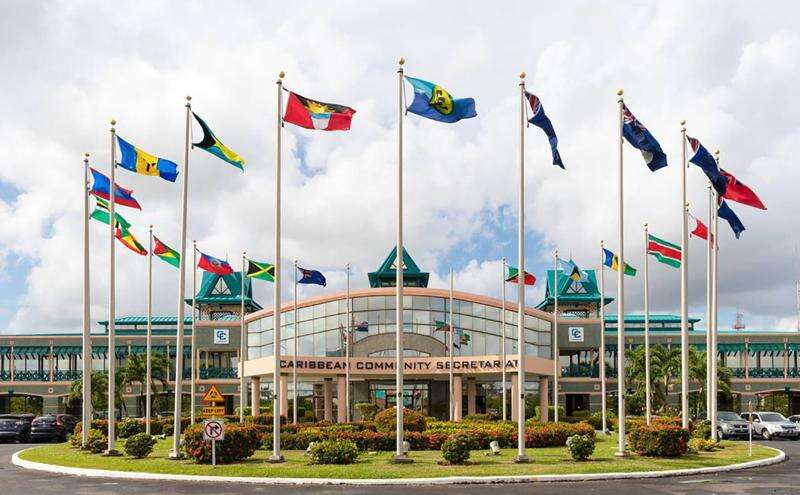In a notable divergence from its Caribbean Community (Caricom) counterparts, Trinidad and Tobago has opted not to endorse a unified regional stance on critical security and stability matters, particularly concerning the increasing presence of U.S. military forces in the Caribbean. This decision emerged during a recent Caricom meeting where regional leaders convened to address pressing issues, including the security buildup in parts of the Caribbean and its implications for member states. While other Caricom nations reaffirmed their commitment to maintaining the Caribbean as a Zone of Peace and emphasized dialogue and peaceful conflict resolution, Trinidad and Tobago reserved its position, offering no immediate explanation for its dissent. The meeting followed a series of U.S. military strikes targeting suspected drug-trafficking vessels off the Venezuelan coast, which reportedly resulted in the deaths of two Trinidad and Tobago nationals. Caricom leaders also reiterated their dedication to combating narcotics trafficking and the illegal arms trade, underscoring the need for international cooperation and adherence to international law. Trinidadian Prime Minister Kamla Persad-Bissessar has remained silent on both the regional security discussions and the fatalities, drawing criticism from opposition figures who have accused her of evading her responsibilities. Persad-Bissessar has previously expressed support for the U.S. military campaign, praising its efforts to curb drug trafficking and protect regional stability.
